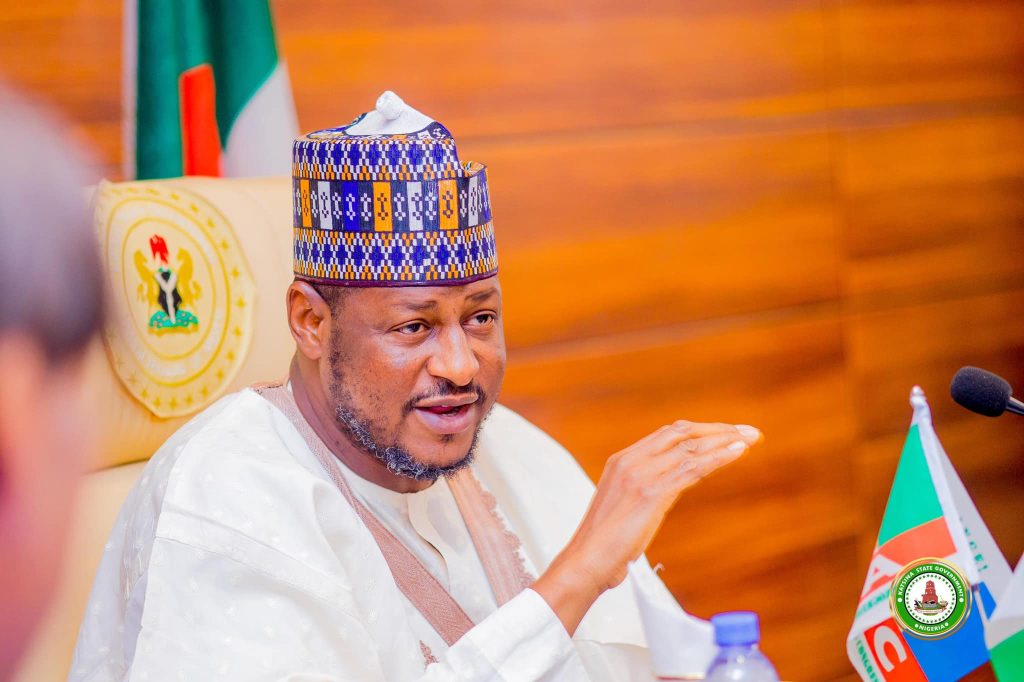The Central Bank of Nigeria (CBN) has reaffirmed its commitment to achieving price and monetary stability in the country. According to CBN Governor, Mr. Olayemi Cardoso, the bank’s monetary policies have started yielding positive results, as evidenced by the steady decline in inflation and current stability in the foreign exchange market.
Nigeria has been grappling with inflation and monetary instability for over a decade, resulting in significant hardship for its citizens. However, the CBN’s recent initiatives, such as the exchange rate unification policy, have reduced volatility in the foreign exchange market and cleared over $7 billion in verified backlog of FOREX forwards. The BMatch System for forex trading has also strengthened market integrity and facilitated better price discovery.
Other initiatives aimed at promoting economic growth and stability include the bank recapitalization program, which will strengthen the resilience and global competitiveness of the banking sector. The introduction of non-resident Bank Verification Numbers (BVNs) will connect Nigerians abroad with home banking facilities, while the Nigeria Payments System Vision 2028 (PSV 2028) is expected to accelerate digital transformation, broaden financial inclusion, and minimize downtime for faster and safer transactions.
The CBN has also introduced a 75% Cash Reserve Requirement (CRR) on non-Treasury Single Account (TSA) public sector deposits to enhance liquidity management and mitigate potential inflationary pressures. During a recent fair in Uyo, the CBN governor urged the public to respect and keep the Naira clean, emphasizing that it is a critical national symbol.
The fair, which was organized by the CBN, aimed to sensitize the public on the bank’s policies and initiatives, as well as receive feedback to improve service delivery and policy implementation. The Branch Controller, CBN, Uyo, Njideka Nwabukwu, pledged the branch’s commitment to upholding the mandate of the CBN, while supporting the economic aspirations of Akwa Ibom State through effective stakeholder engagement, financial literacy campaigns, and seamless service delivery.
Through its strategic policies and regulatory frameworks, the CBN continues to enhance payment systems, promoting financial inclusion and supporting sustainable economic growth. As the bank moves forward with its initiatives, it is likely that Nigeria will see significant improvements in its economic stability and growth, ultimately benefiting its citizens and contributing to the country’s development.


